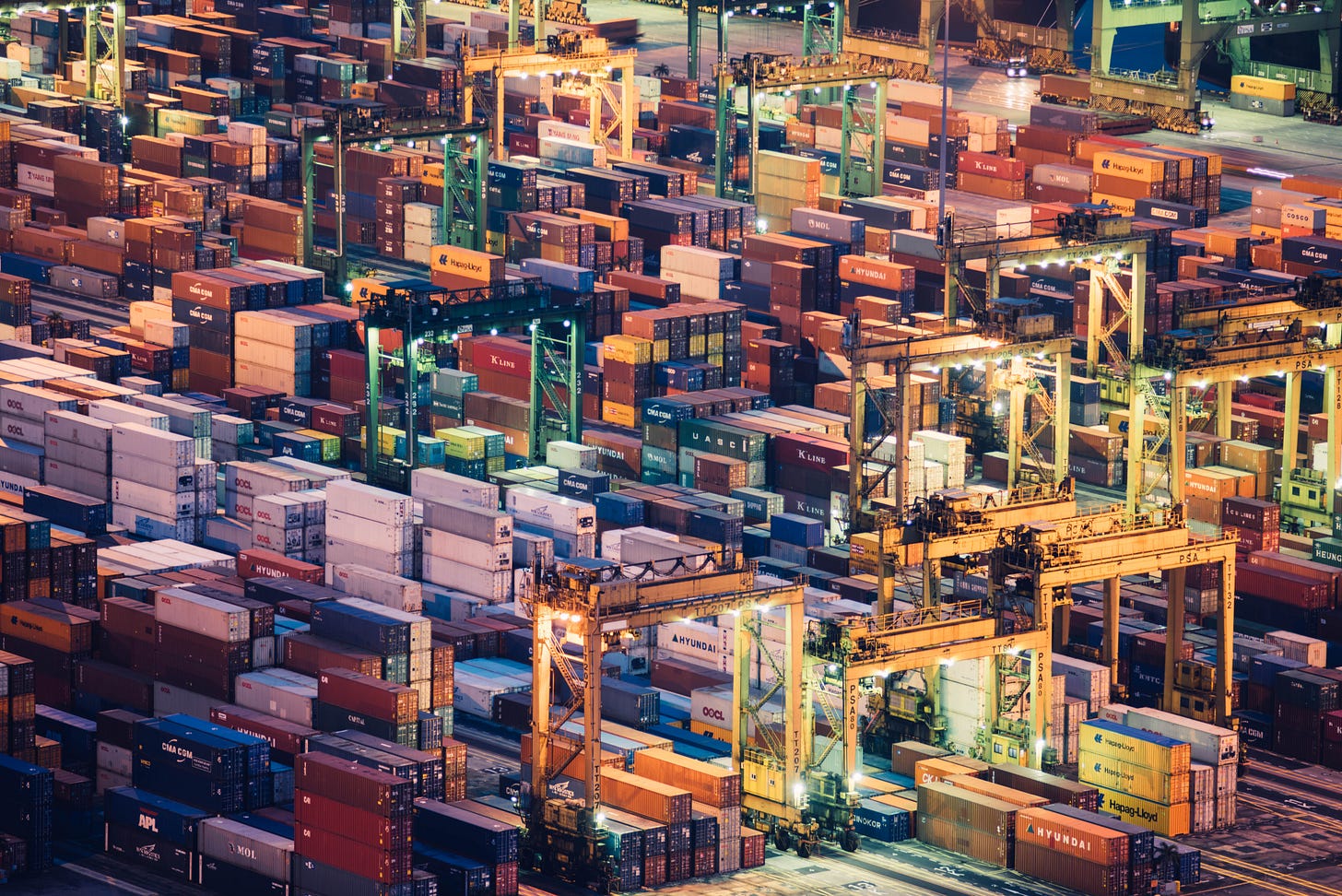UN Crisis Group outlines food, energy, finance actions to reduce risk & build resilience
The Global Crisis Response Group on Food, Energy, and Finance, was convened last month by United Nations Secretary-General Antonio Guterres to support emergency action in response to ripple effects of the war in Ukraine, while working toward long-term transformation of these three critical systems. The panel has now issued its first recommendations.
Bolster production, keep food supplies moving, and fully fund humanitarian appeals;
Address energy needs in ways aligned with long-term climate goals, to minimize risk of destabilization;
Activate “emergency mode” financial interventions to protect the vulnerable.
The United Nations has announced:
“To avoid the risk of hunger and famine spreading further, the GRCG is urging all countries to keep markets open, resist unjustified and unnecessary export restrictions, and make reserves available to countries at risk of hunger and famine, the UN chief said on Tuesday.”
In other words, it is vital that markets remain open, and agricultural exports continue to move across borders. Protectionist export bans could worsen global shortages and lead to greater instability.

The UN crisis group also recommends that member states and international financial institutions make reserves available for countries facing famine and food insecurity, while fully funding humanitarian appeals. Addressing crisis early reduces the overall cost and mitigates the risk of major food-related shocks and political destabilization.
With relation to energy: while the world now faces combustible fuel shortages and spiking prices with infrastructure built to deliver fossil fuels, the only viable medium- and long-term energy security strategy must be rooted in rapid decarbonization and deployment of clean energy systems. Clean energy systems have the stabilizing quality of not being subject to commodity market fluctuations.
National climate action planning should move forward with all deliberate speed, and wherever possible accelerate. Cooperative approaches to accelerate the transition can also have a stabilizing effect on national economies and the wider geopolitical landscape.
The GCRG calls for “emergency mode” in the financial response to converging and compounding crises. The world cannot afford a breakdown in international peace and security, or a global food crisis, or a collapse of energy supplies. Secretary-General Guterres called on the G20 and international financial institutions to “provide safety nets for the poorest and most vulnerable.”
The recommended actions toward food, energy, and financial stability and transformation are all “consistent with building and sustaining peace”, Mr. Guterres observed. Moving beyond zero-sum conflict scenarios will also require moving beyond zero-sum finance and economics; the world needs to start investing now in strategies that build solidarity and shared resilience.
For more information about efforts to address multiple converging and compounding crises and build macrocritical resilience, go to ResilienceIntel.org


